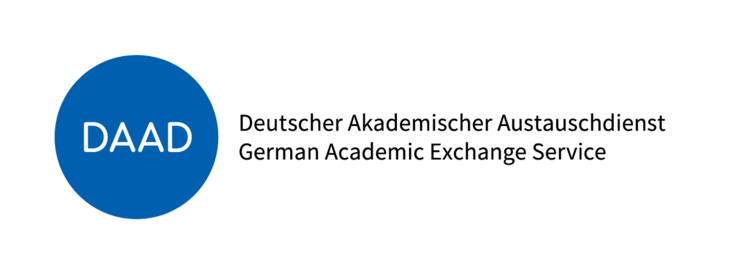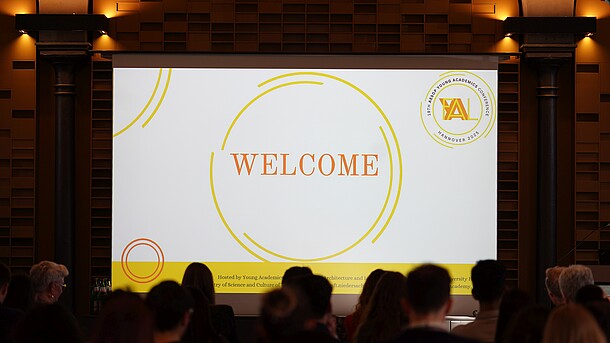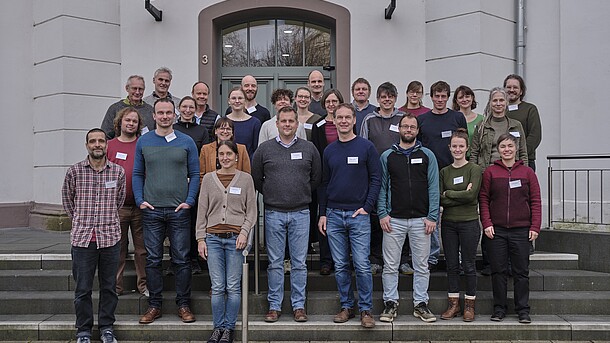Green infrastructure and urban biodiversity in sub-Saharan Africa

| Led by: | Prof. Dr. Rüdiger Prasse, Germany; Prof. Dr. Sampson Umenne, Namibia; Prof. Dr. George Intsiful, Ghana; Dr. Kumelachew Yeshitela, Ethiopia |
| Team: | Prof. Dr. Rüdiger Prasse, M.Sc. Michael Kröncke und Studierende M.Sc. Umweltplanung |
| Year: | 2018 |
| Funding: | German Academic Exchange Service (DAAD) |
| Duration: | April 2014 - Februar 2018 |
| Is Finished: | yes |
Head of project and Principal Investigator: Prof. Dr. Rüdiger Prasse, Germany
Sub Principal Investigators: Prof. Dr. Sampson Umenne, Namibia; Prof. Dr. George Intsiful,Ghana; Dr. Kumelachew Yeshitela, Ethiopia
Project-Assistance: Prof. Dr. Gerhard Albert, Michael Kröncke, Germany
Student Assistants: Sabine Krüger, Hendrik Riedel
Field Assistants: Students from the MSc-Program Environmental Planning at the Leibniz University Hannover, Germany and young lecturers from the collaborating African Universities
Project preamble
Green infrastructure and its biodiversity in cities are increasingly recognized as important components in urban planning for sustainable city development. A growing body of studies highlights the positive effects of urban green and urban biodiversity on human health as well as on social and psychological well-being of the urban human population.
However, in developing countries, high population growth in urban areas in combination with concurrent migration from rural to urban areas adds pressure on existent urban greenspace. In addition, urban development masterplans often fail to include the maintenance and further development of greenspace into the schemes of future urban development. As planning for urban development is often driven by people who assume that urban development is basically synonymous with urban construction, it seems necessary to include topics related to „Urban Greenspace and Biodiversity“ in the development of the academic curriculum for the training of Architects, Civil Engineers, Landscape Architects and other allied professionals involved in urban planning.
The current project is a collaborative international venture of the following four African and German Universities: Ethiopia Institute of Architecture and Building Construction (EiABC), Addis Ababa, Ethiopia, Kwame Nkrumah University of Science and Technology (KNUST), Kumasi, Ghana, Namibia University of Science and Technology (NUST), Windhoek, Namibia, and Leibniz University, Hannover, Germany. The DAAD sponsored collaborative research aims to develop an MSc-study module for students of sub-Saharan African Universities in the related fields of Landscape Architecture, Urban Ecology and Urban Development Planning. The module is currently developed by students and lecturers from the participating institutions. After a successful completion of the ongoing project the set of lectures will be made available to all academic institutions throughout sub-Saharan Africa. All lecturers in the relevant academic fields will be allowed to download, use and change the finale module framework for their pedagogical needs. Topics will cover basic ecological knowledge (in an urban context), the historical development of urban green infrastructure and its biodiversity, planning and design principles as well as means of maintaining green infrastructure and biodiversity in the urban matrix.
To achieve this goal an intensive collaboration via multiple exchanges of students, teaching staff and professors between the participating universities/countries is ongoing. That includes the exchange of students conducting the fieldwork for their MSc studies as well as workshops and excursions into the urban matrix of the participating countries.
Institutional Team:
- Ethiopian Institute of Architecture, Building Construction and City Development, Addis Ababa University, Ethiopia,
- Department of Architecture and Spatial Planning, Faculty of Natural Resources and Spatial Sciences, Namibia University of Science and Technology in Windhoek, Namibia,
- School of Architecture, Kwame Nkrumah University of Science and Technology in Accra, Ghana,
- Department of Environmental Planning, Faculty of Architecture and Landscape, Leibniz University of Hannover, Hannover, Germany.





